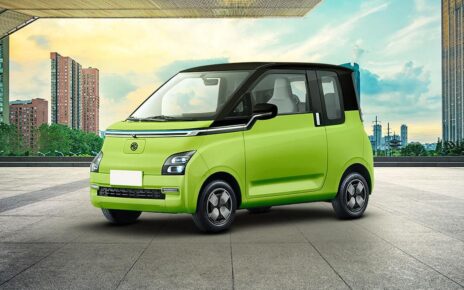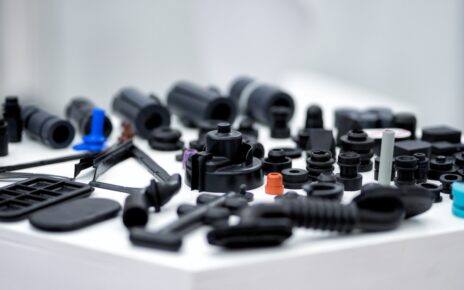Folding carton packaging kicked-off the carton industry more than a hundred years ago and today is a billion-dollar business worldwide. For many companies, carton packaging is one of the most economic, versatile and environment friendly means to package goods. With its increasing popularity, there is a wide variety of folding box packaging options available on the market. However, a recent trend for companies and consumers alike has been to use custom-made boxes that include the company’s logo or color scheme.
Customized packaging boxes help to create a professional image, boost brand recognition and showcase the company’s commitment to quality and ecological responsibility. These boxes also offer a range of unique benefits that traditional rigid boxes cannot offer. For instance, they can help reduce freight costs and improve cash flow. They can also be used in a variety of applications and on a variety of products including food products, books, confectionary, beverages and clothing. There are also a number of special folding cartons that can be used to store and transport a wide range of fragile and/or valuable items.
The traditional rigid packaging option includes cardboard, which has been used for packaging products since the 1950s. In recent years, however, many companies have switched to a range of eco-friendly alternative materials that have been proven to help reduce waste, improve product quality and reduce carbon footprints. Boxes are available that are made from recycled paperboard, recycled plastic, softwood or other bio-friendly materials. In addition, some packaging boxes are covered in attractive, tactile and heat-resistant vinyl. These special covers help to keep products cool or warm during transport while adding to the company’s green credentials.
As well as being used to wrap and package products, many packaging experts now use them to create customized product packaging. This means that a company can design and create its own boxes, labels and trays to fit specific product specifications. For example, some manufacturers may want to print their company logo and contact details on the outside of the box, or the inside of the box. Or they may want to print a unique molding pattern or patterned edges on the boxes. Any number of different types of customizations is possible with different types of packaging.
Another popular alternative is to use folding cartons – small, thin, easily transportable packaging boxes that provide maximum flexibility. Today’s folding cartons come in a range of different types, colors, sizes and textures. And they are very affordable, being often only a few dollars per carton.
One final option for packaging boxes is to purchase corrugated boxes. Many leading packing and envelope manufacturers now offer corrugated box models specifically designed for professional mailing and packaging needs. These models offer a wide range of features such as snap down corners, rigid sides and rigid top corners for optimal protection from impact. And they are very affordable, being often less than $10 per box.





